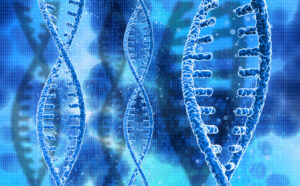
Sleep Apnea in Children: Symptoms, Causes, and How to Check Your Child
Sleep is essential for your child’s health and happiness. But did you know that children can also have sleep apnea, a condition many people think only affects adults? Learning about the symptoms and causes of sleep apnea in kids can help you take action early and make sure your child gets the deep, restful sleep […]










